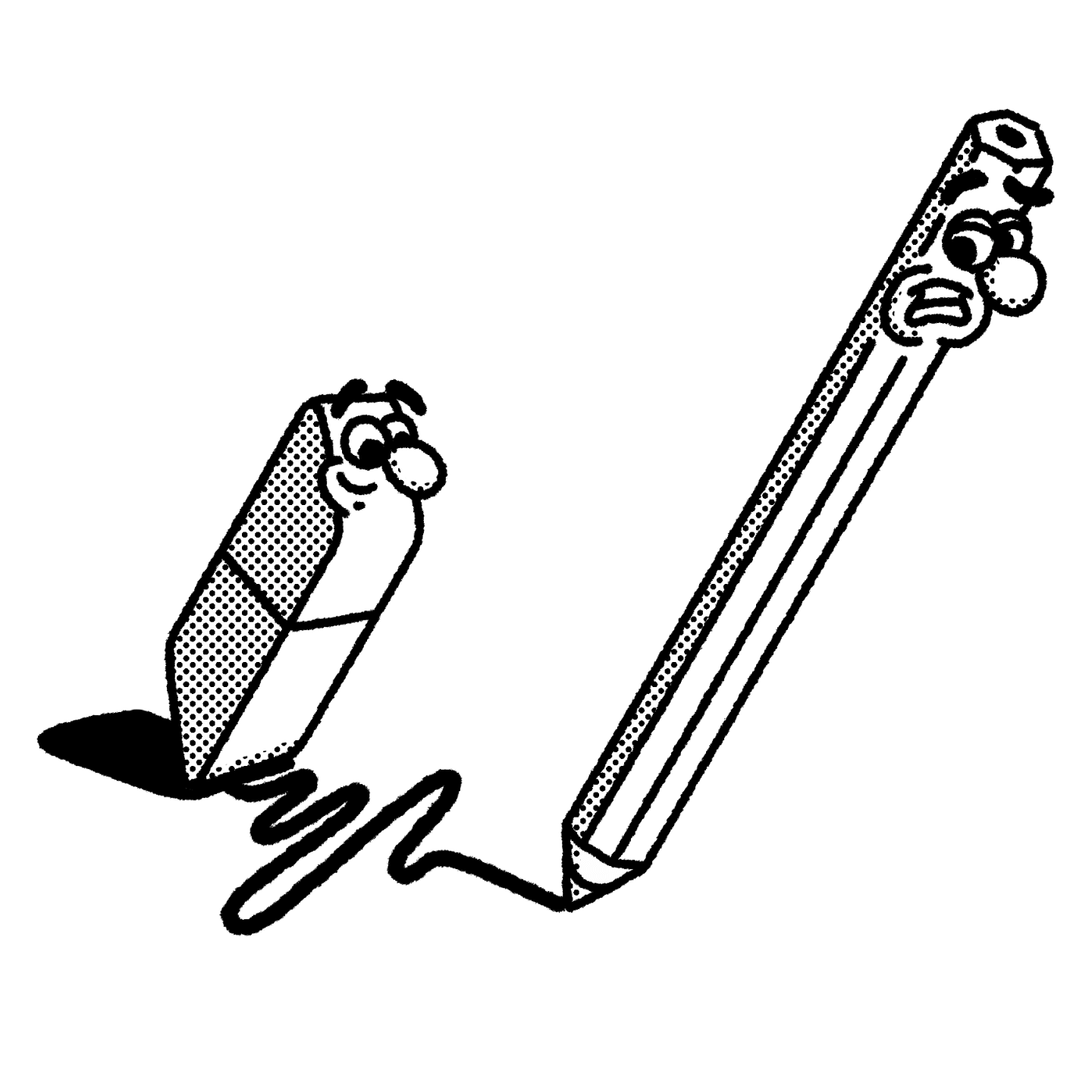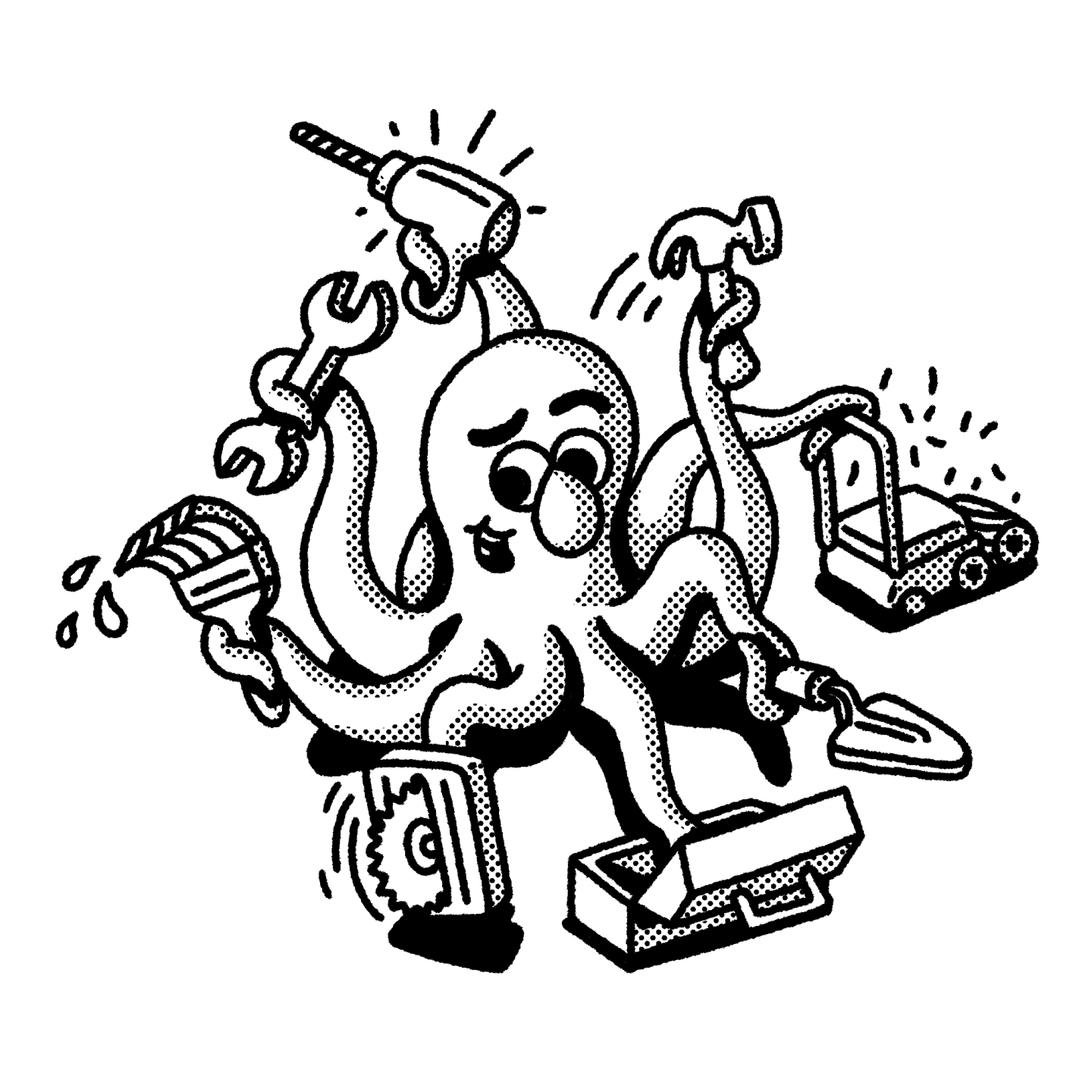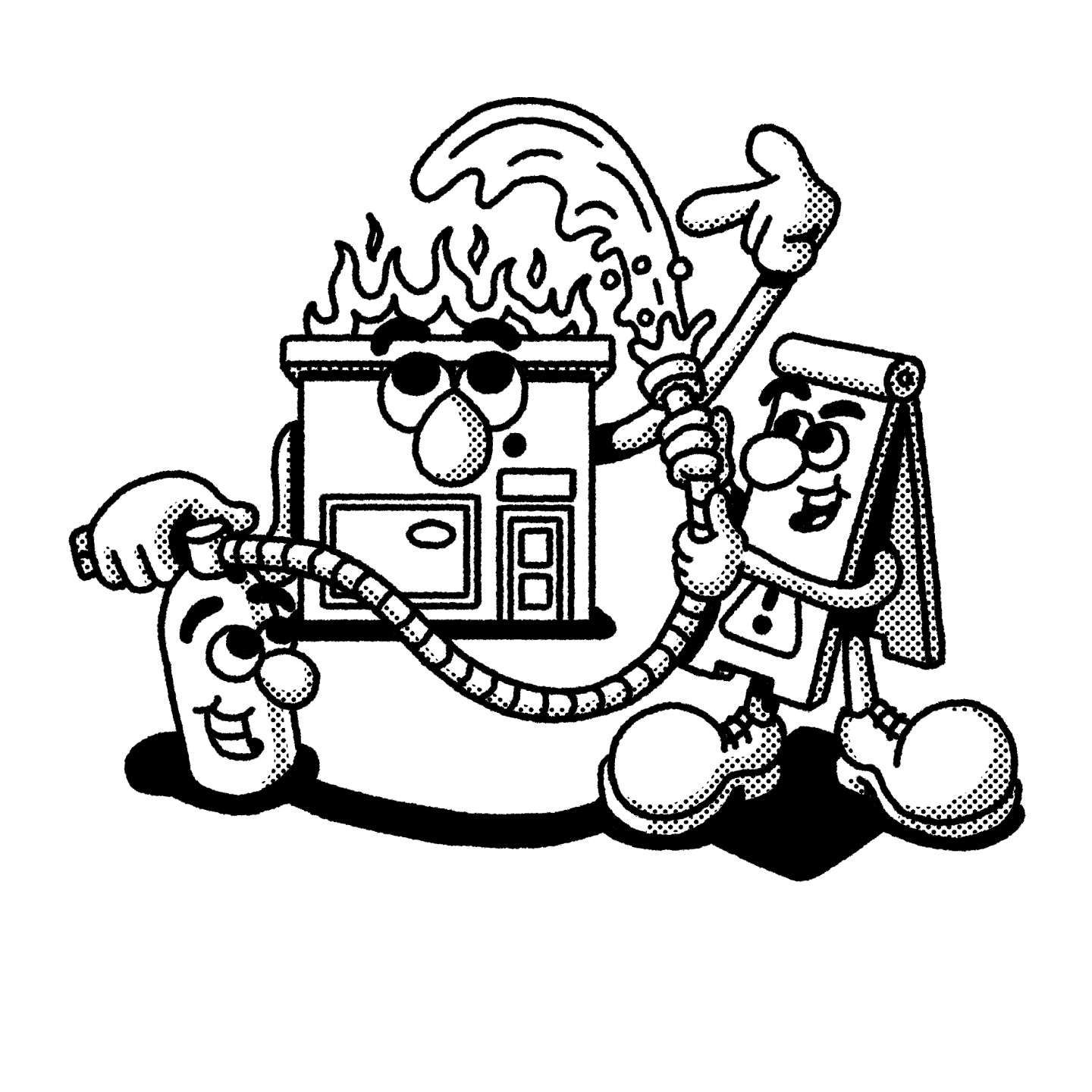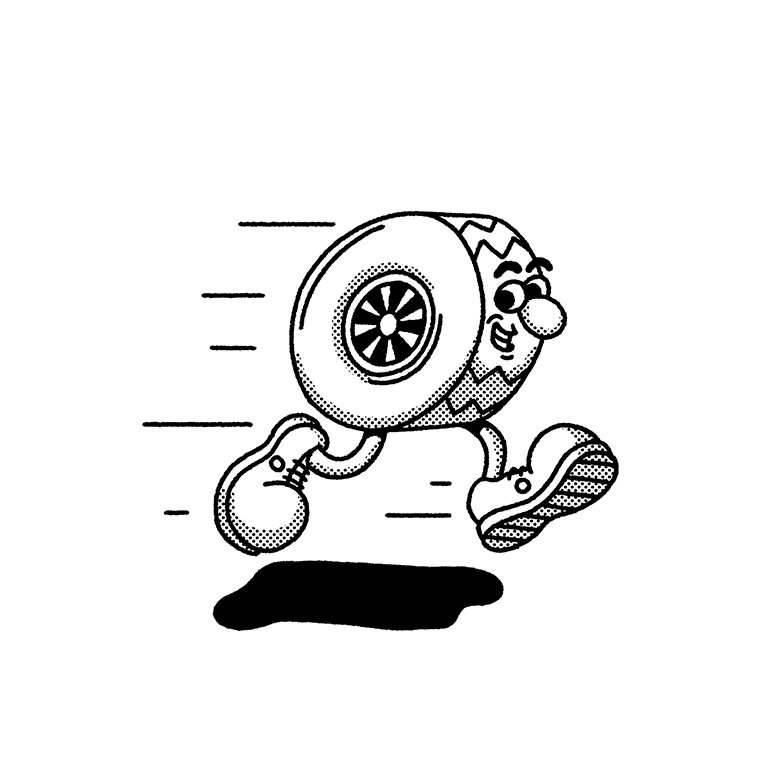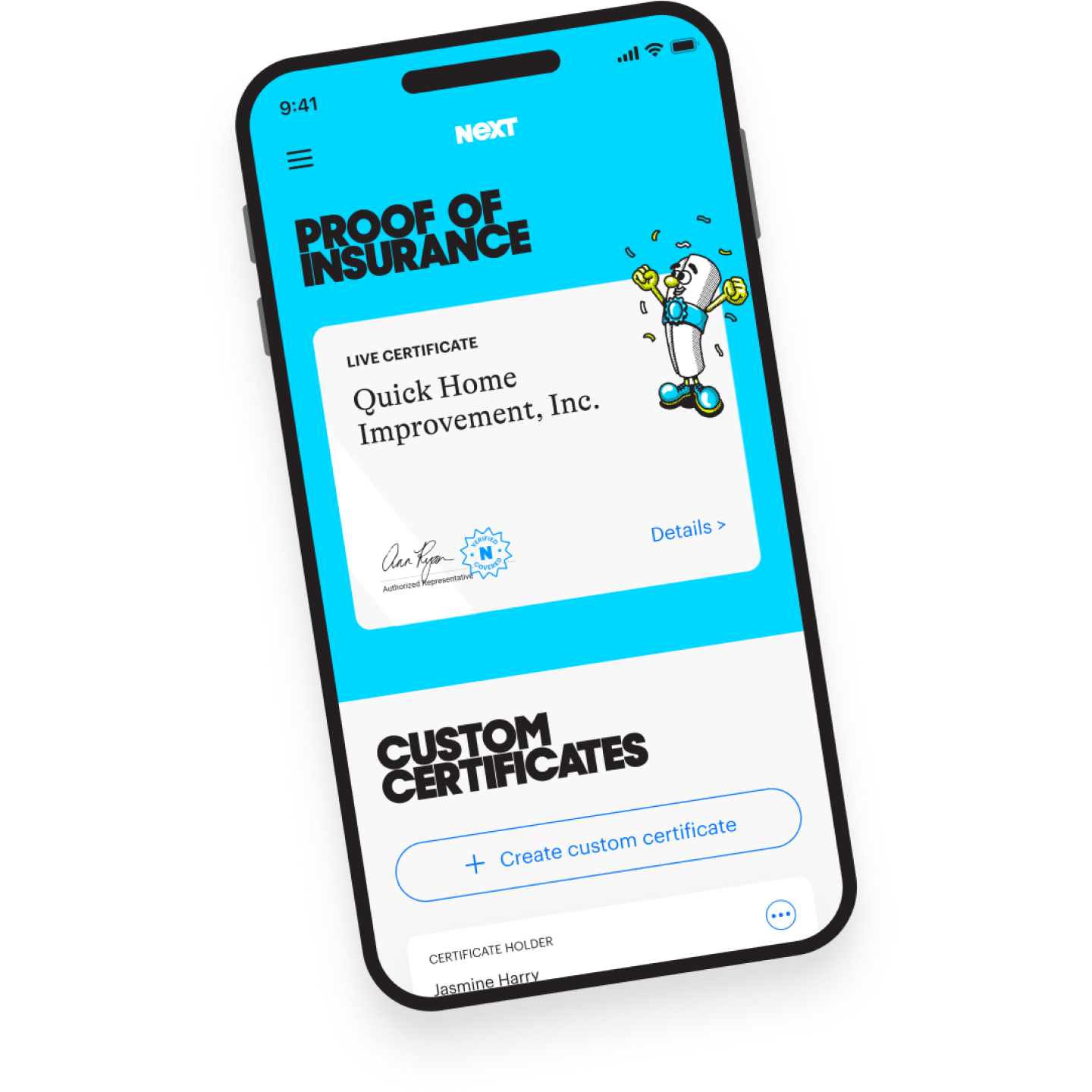Small business Commercial Auto insurance could help protect you from:
Underinsured motorists
When another driver’s coverage won’t cover an incident with your vehicle.
Rental reimbursement
Get up to $100 per day if your business vehicle is in the shop.
Towing and labor
If you need a tow, you could get help with the costs.
Collision & comprehensive coverage
Get help if you need repairs or replacements — fast.
Injuries from auto accidents
Assistance with legal fees, medical bills and more.
Damage to other people’s property
Clipped a mailbox with your side mirror? Coverage may help.
Learn more about Commercial Auto insurance
Commercial auto insurance is usually required if you drive for business purposes.
What is Commercial Auto insurance?
If you use a vehicle for work, you may need a commercial auto liability insurance policy if you:
-
Deliver goods, such as pizza, flowers or other products.
-
Provide a service that regularly uses a vehicle, such as mobile pet grooming or a food truck.
-
Transport equipment you use for work, such as cleaning equipment or carpentry tools.
-
Travel to job sites for work, like in construction, landscaping, real estate and more.
-
Tow a trailer carrying your work equipment.
-
Drive your employees to job sites.
Commercial auto insurance can help protect your business from unexpected expenses of vehicle repair, replacement or rental if you or your employees are involved in a covered accident or incident.
If you have employees that operate your work vehicles, your commercial auto insurance policy can also cover them up to the limits of the policy.
Note that NEXT does not directly provide commercial auto insurance, but we partner with insurers who can offer this coverage.
Do I need Commercial Auto insurance? Is it required by law?
Yes — insurance for commercial vehicles is required in almost every state if you have vehicles you drive for business.
Most states require that your business-owned vehicles are insured for some types of accidents with commercial auto coverage. The most common state requirements for business vehicle insurance are liability insurance for injuries and property damage.
Some states also require uninsured/underinsured motorists coverage and medical payments coverage (also known as personal injury protection).
The type(s) of vehicles your business is using, how they’re being used and who is using them determines what kind of insurance you need.
In addition, some clients might require you to have a certificate of insurance (proof of insurance, or a COI) before they’ll agree to work with you.
Even if you already have a personal auto insurance policy, it probably won’t cover accidents that happen while you’re driving for business.
In some instances, a small business might ask employees to drive their own car or a rented car for a job. Hired and non-owned auto insurance is an add-on to affordable commercial auto coverage that could help pay for damages.
What’s the cost of Commercial Auto insurance?
Commercial auto insurance cost can vary depending on:
-
Your insurance history.
-
The number of vehicles you have.
-
The types of vehicles you have.
-
How you use your business transportation.
-
The limits you choose.
-
The state where you work.
The best way to learn exactly what you’ll pay for your monthly or annual cost is to get a free commercial auto insurance quote online. It’s no obligation, and it takes about 10 minutes to see your exact price.
Start a free instant quote with our partners at Progressive today.
What does auto insurance for commercial vehicles cover?
Whether you have a single work truck or a small fleet of delivery vehicles, your commercial auto insurance policy could provide coverage up to your policy limit for:
-
Expenses for claims related to emergency care.
-
Medical bills after a vehicle accident.
-
Damage to other people’s property with your vehicle.
-
Damage to your vehicle.
-
Legal fees around an accident or incident when driving for work.
-
Gap coverage on financed and leased work vehicles.
-
Towing and labor costs related to an incident.
-
Coverage if you have an incident with someone else who’s underinsured.
Even if you use just one car for both personal and business driving, you're exposed to different risks when you drive for business. You often need the more extensive coverage provided in a commercial auto policy.
Commercial Auto insurance FAQ
If you don't find answers, our licensed insurance advisors are standing by to help.
I use my personal vehicle for my business. Can I insure it with a Commercial Auto insurance policy?
Yes. If you use your personal vehicle for business, we can insure it with a commercial auto policy.
For example, if you own a van that you use for personal transportation as well as your job as a painter, it would be covered under your commercial auto policy when it’s used for work.
Does Commercial Auto liability insurance cover personal use of my work vehicle?
Yes. If your vehicle is covered by commercial auto insurance it can be protected for personal or work use.
For example, if you use your registered business vehicle to get to job sites and you sometimes use it on the weekends to haul your fishing gear, commercial car insurance could also cover your fishing trips.
Are the things I transport for work inside my insured vehicle covered by a Commercial Auto policy?
A commercial auto policy will cover the vehicle used to transport items, but not the items themselves.
For example, if you have a pickup truck that you use to transport tools, the policy would cover the truck but not the tools.
If you’re concerned about your gear going missing on a job site or in transport to work, consider tools and equipment insurance for construction trades or cleaning and janitorial services. If you travel with tools or work equipment in your vehicle to a client’s site, this coverage could help replace or repair damaged or stolen equipment.
Can I buy Commercial Auto insurance as a standalone policy?
Yes, you can buy a commercial auto policy by itself.
However, we recommend general liability insurance along with your commercial auto coverage to help protect your business from some liability costs around medical expenses, damage to other people’s property, legal costs and more.
Is Commercial Auto insurance cheaper than personal car insurance?
No, commercial auto insurance is almost always more expensive than personal car insurance.
Policies that cover just your car or your family’s couple of cars typically offer protection against collisions, personal injuries and medical payments. They don’t usually cover the much riskier situations dealt with by commercial auto insurance.
When you’re transporting people or goods or providing a service with your vehicle, you’re at risk for claims to be brought against you for property damage or injured parties. Commercial auto has higher liability limits, which usually end up costing more than you pay for your own personal vehicle.
Does NEXT offer personal auto insurance?
No, but we partner with trusted insurance carriers to provide this coverage.
Start a free instant quote with our partners at Progressive today.
NEXT Insurance reviews
The Best Insurance company
I like next for it's reasonable prices and quality products
Tammie W.
Fast and easy
Fast and affordable
Dustin B.
Easy to use
Great! Set everything up and got the insurance needed for my business without hassle and it was very easy and quick to navigate
Myles C.
Excellent
Good service, great prices for the coverages.
Chad S.
Easiest way to get the right insurance!
Next makes is super easy to get instantly insured regardless of your trade, even better, getting COI’s is a breeze! No more waiting for an agent to make - and charge you - for thes...
Carlod S.
Small business insurance
Very easy to apply online for insurance policy, to insure my small business
Tracy B.
Fast
Was able to get insured immediately.
Christopher A.
Easy to access!
Next was super easy to navigate and set up an insurance plan with for my small business.
Lauren J.
The best
I love next insurance, makes my business run so much easier…
Jose R.
Next Insurance
It's one the best companies and reliable that can trust.
Jose C.



